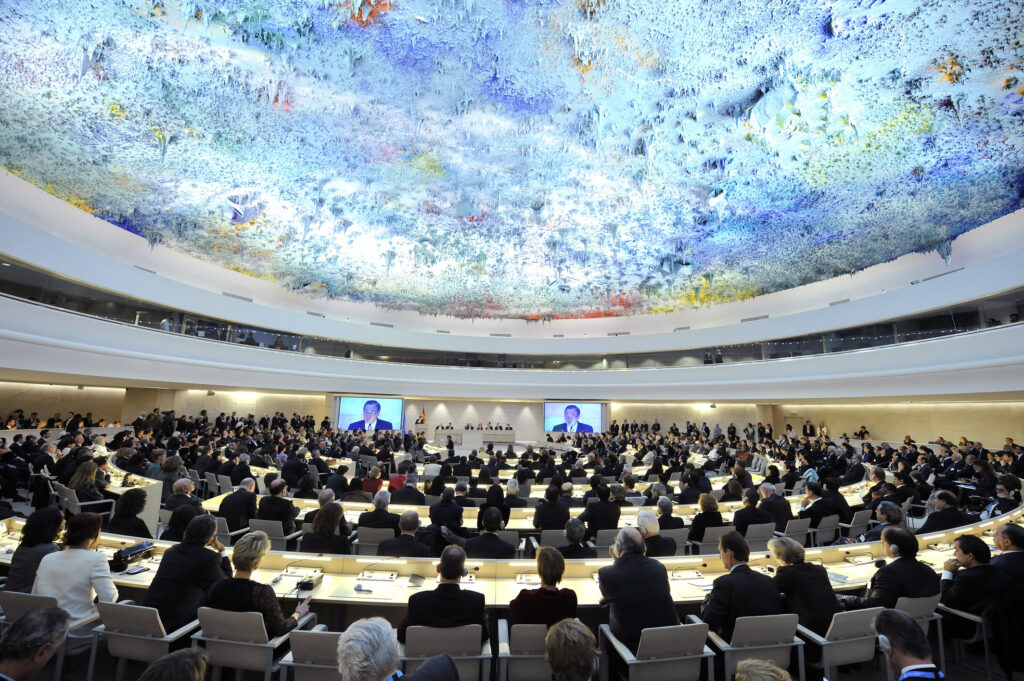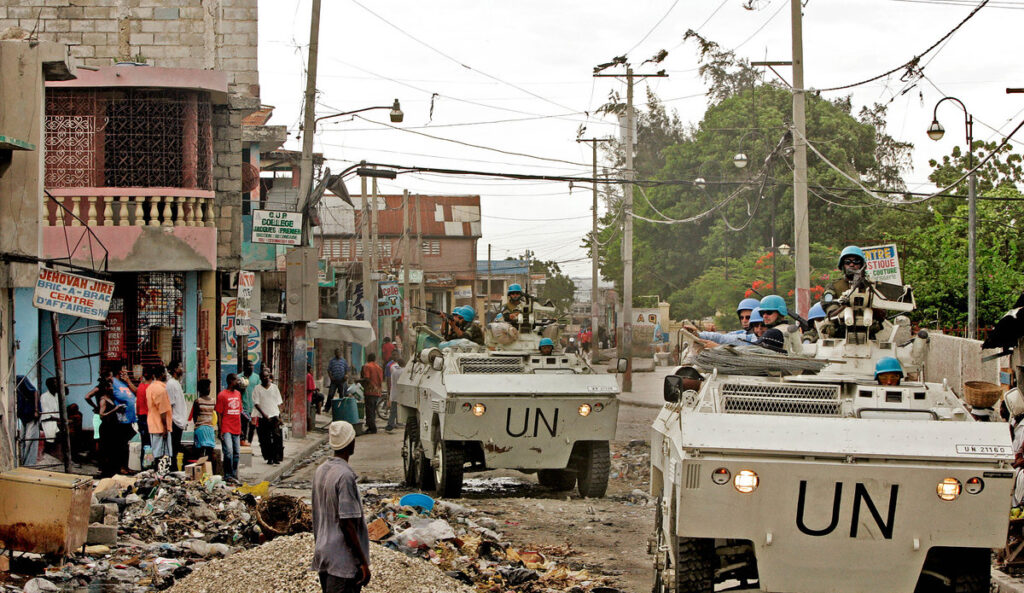Member countries pay a portion of the UN regular budget and its peacekeeping budget. Rates are determined by a formula that accounts for a country’s ability to pay, Gross National Income (GNI), per capita GNI, and several other economic indicators.
Under the current formula, the U.S. pays just under 27% of the total peacekeeping budget. However, U.S. law enacted in the mid-1990’s caps U.S. contributions at just a quarter of the peacekeeping budget. While Congress has periodically waived the cap to enable us to pay our full dues, we continue to accrue debt to the UN that has now topped $1.1 billion.
Although President Biden has consistently shown support for payment of arrears to demonstrate U.S. “financial support in harmony with our policies,” America remains in the red with our UN obligations.




